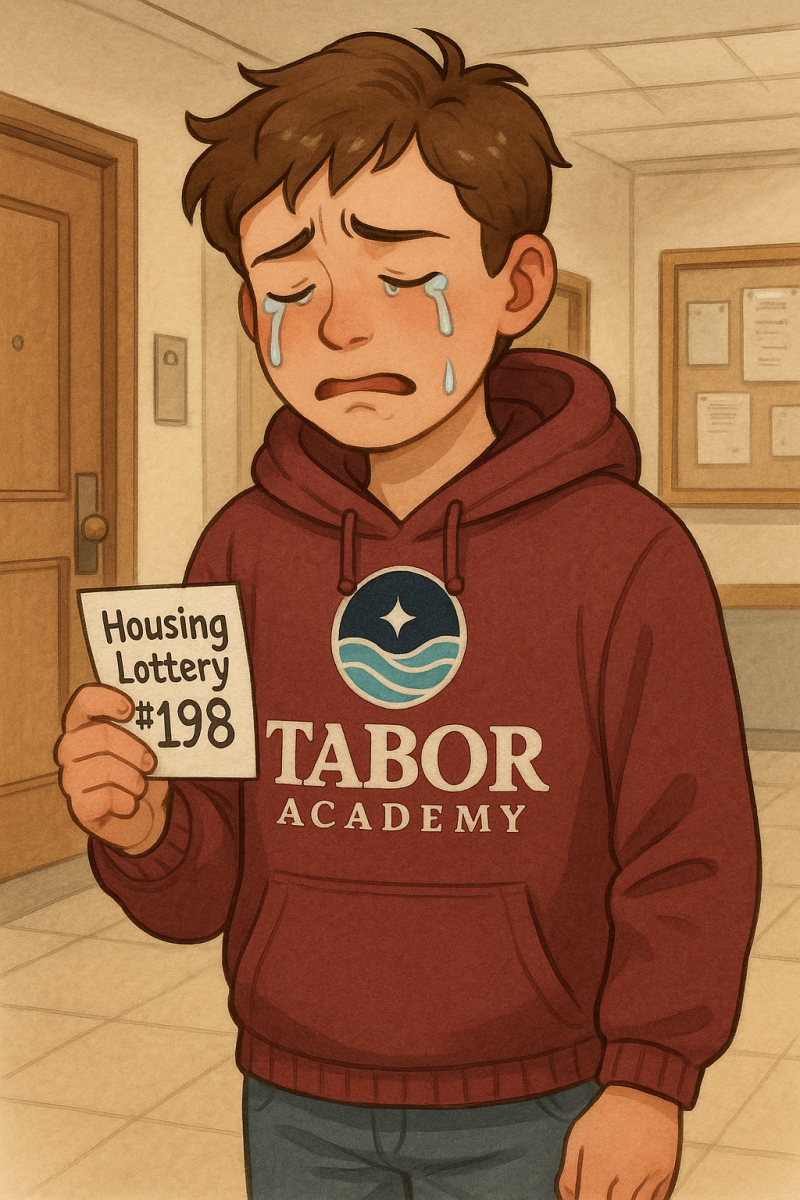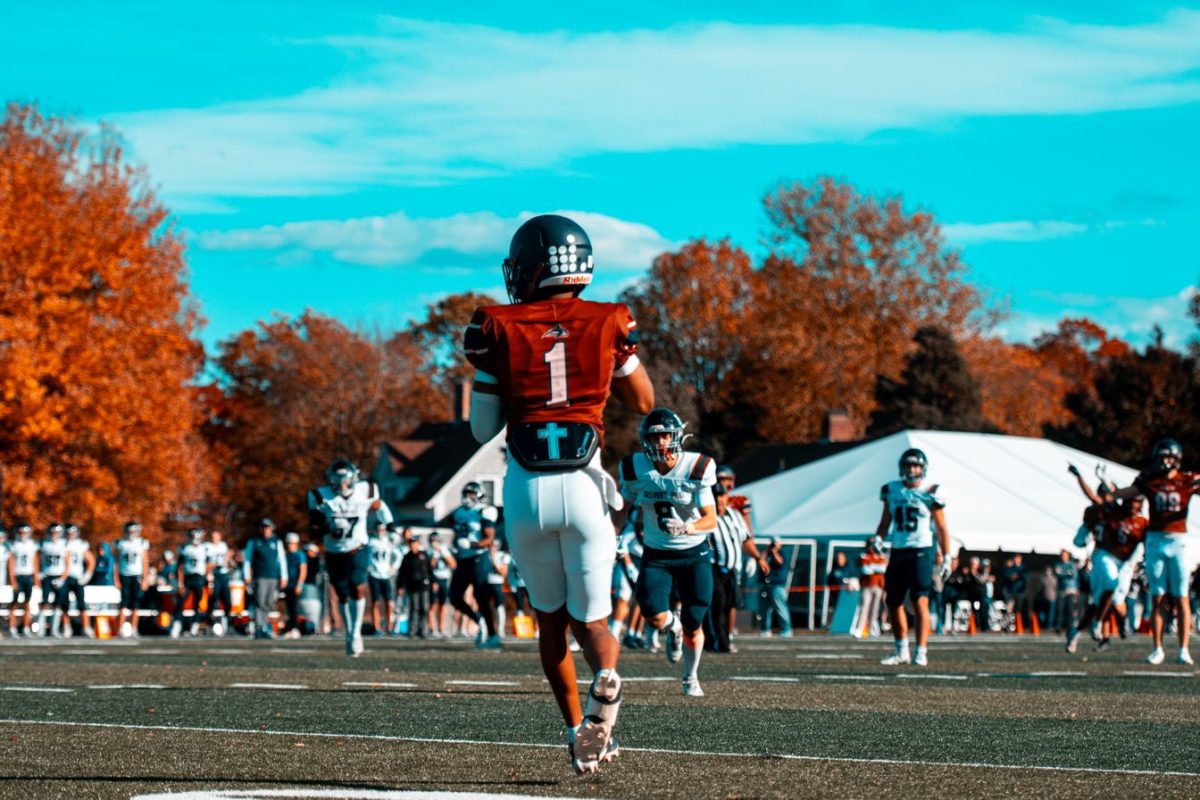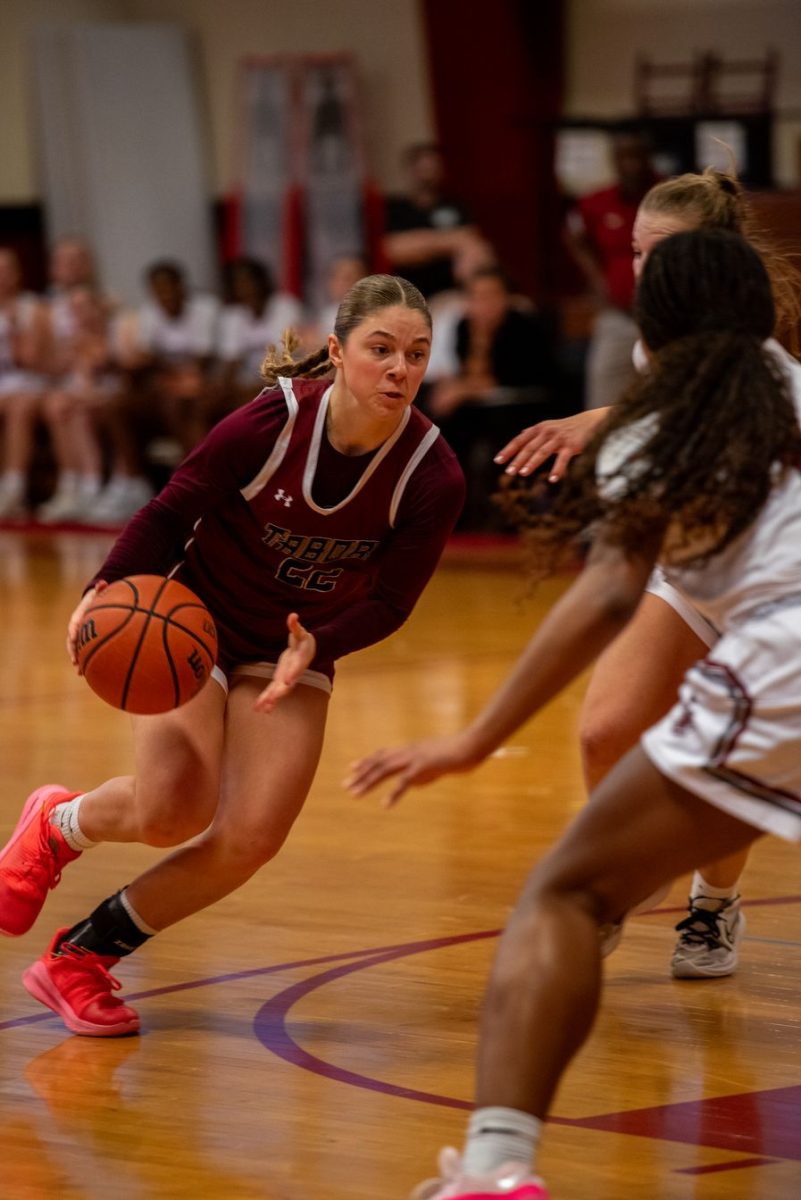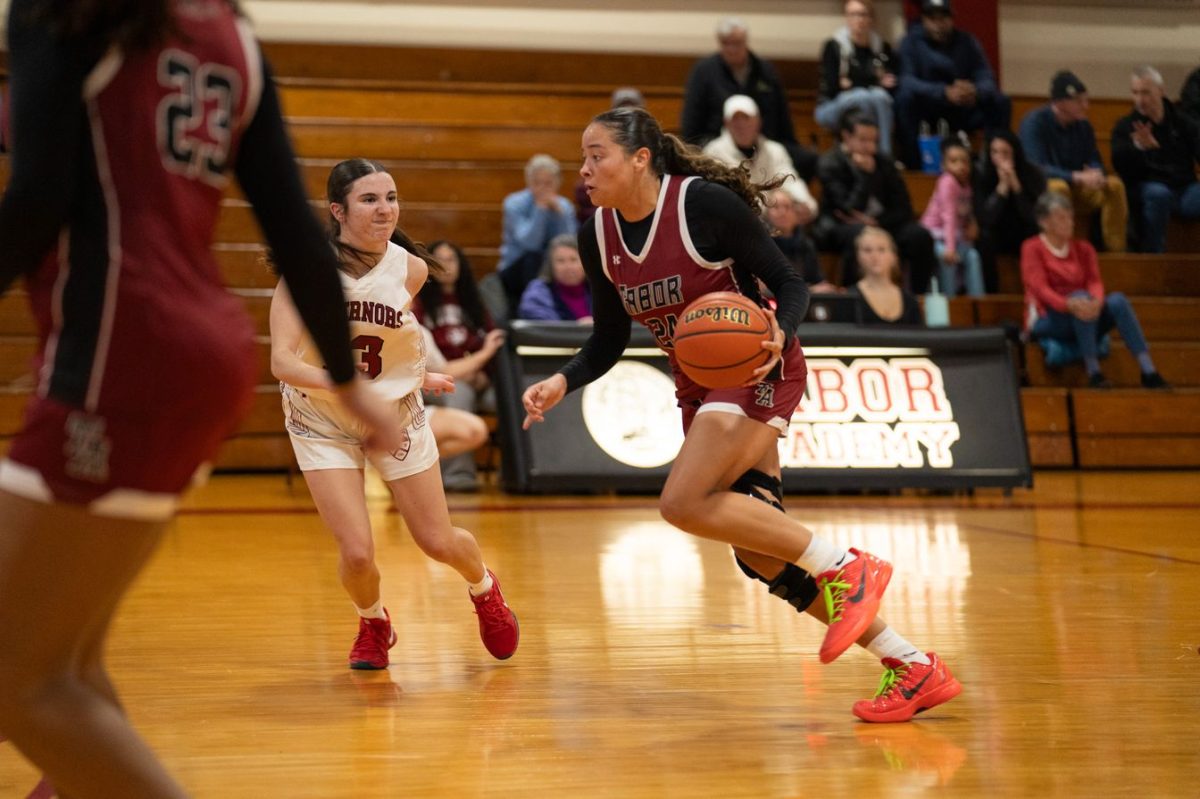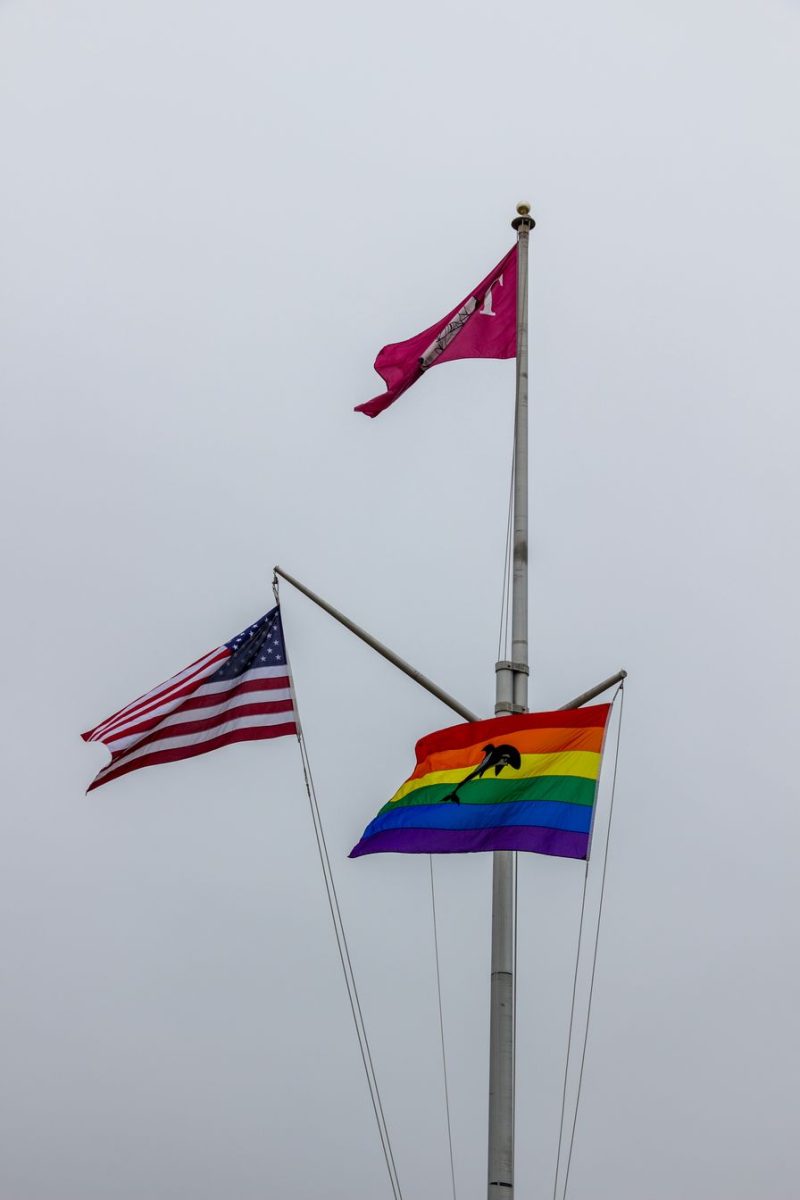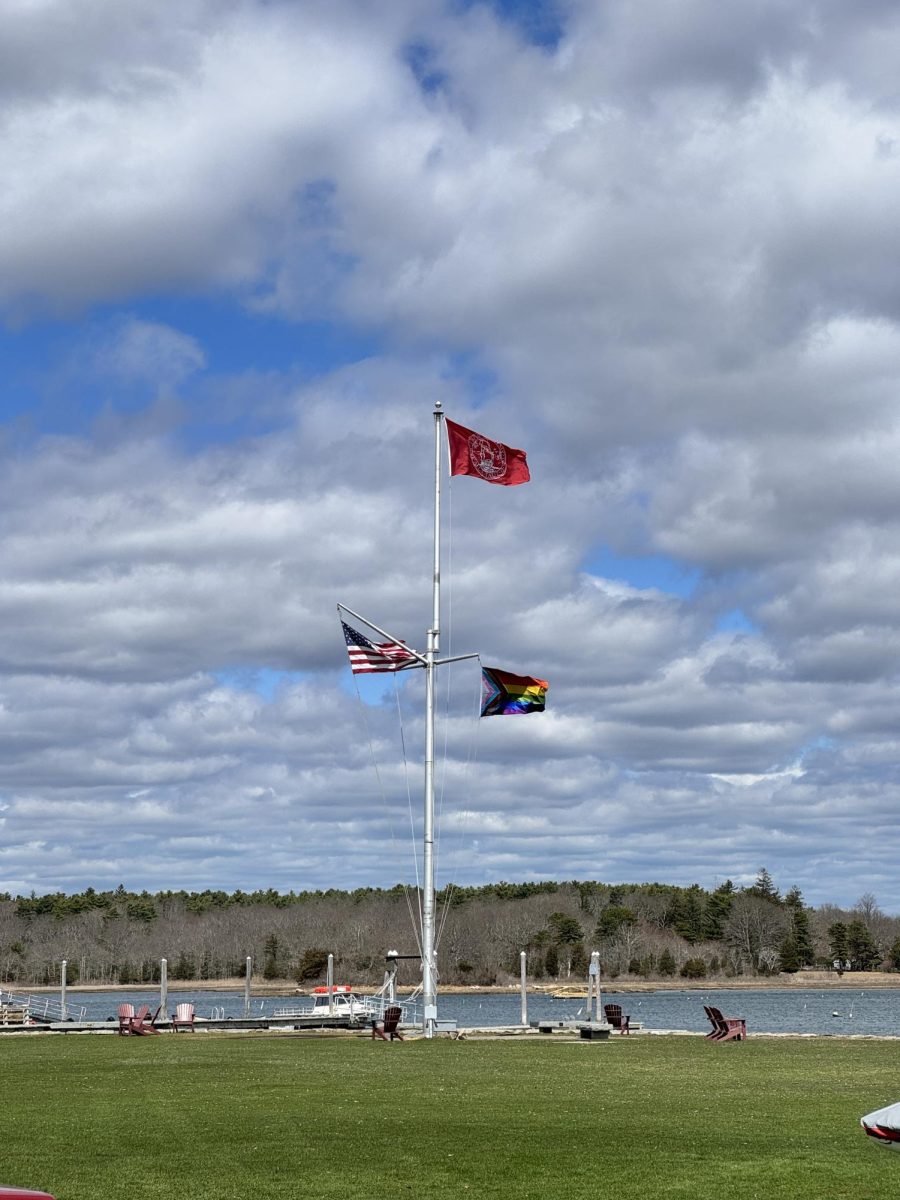Tabor Academy observed the Day of Silence on Friday, April 12. This student-led day protests the mistreatment of LGBTQ+ people and symbolizes the silencing they have experienced. The Day of Silence precedes Pride Week, which begins Monday, April 15, and will feature events and opportunities to create a more inclusive environment and open discussion.
One of those discussions could be about pronoun use. Two weeks ago, The Log asked the student body for their opinion on and experiences with gender pronouns. Despite the limited number of responses, many add insight into this issue.
History of Pronouns
Pronouns replace nouns when referring to people, places, and things. Gender pronouns reflect the gender of the person being referred to. However, the extent to which gender pronouns truly represent gender identity varies. The Oxford Dictionary first recognized the singular form of “they/them/theirs” as early as 1375. Neutral gender pronouns started gaining more public attention in the 1950s. Recently, the Biden administration has focused on using language that includes non-binary individuals. Awareness of non-binary individuals’ challenges is growing, as is the conversation around those challenges.
Pronouns’ Relationship with Gender Identity
Gender pronouns function differently for everyone. They can represent one’s gender identity partly, fully, or not at all. Some of The Log’s survey respondents use non-binary pronouns to “break through physical barriers.” Others use “them” in default without considering self-identity. Almost all respondents mentioned the idea of respect in using pronouns.
“To me, pronouns are the basic way to show respect and acceptance to those around you,” said Katelyn Craig ’25 (she/her), stressing the necessity of a “welcoming environment” for all.
Whether gender pronouns are significant to your identity, they weigh heavily on those of many others.
Misgendering
“I experience [misgendering] probably at least every other day,” Peyton Wolfe ’25 (they/them) wrote in the survey.
They suggested “normalizing asking” instead of “dancing around” their pronouns.
An anonymous non-binary individual also emphasized the importance of people “trying their best to remember my pronouns.” Mistakes themselves are not a big deal but the effort to demonstrate respect is. When you unintentionally misgender someone, apologize and correct yourself.
Our Communal Challenges
Pronoun transitions pose challenges for individuals and our community. Survey respondents noted that the English and History departments, in particular, acknowledge the needs of non-binary individuals and the importance of pronouns. Incorporating pronouns into introductions, email signatures, and myTA settings can raise awareness and avoid misgendering. However, many survey respondents suggest that, while LGBTQ+ students and allies often discuss gender pronouns, the conversation should involve the entire community.
“Having more open conversations about gender pronouns and identity would help,” Alex Abu-Raya ’26 (she/her) commented.
Looking Forward
In the New York Times article “It’s Time for ‘They,’” Farhad Manjoo proposes applying the use of they/them pronouns to everyone because of its inclusivity and ability to “[obviate] the risk of inadvertent misgendering.” Their idea is controversial but certainly suggests a potential direction for constructing a more inclusive environment.
During Pride Week, the GSA will run events to educate community members and promote mutual understanding. They will post events around campus and will email a schedule before Pride Week officially begins on Monday.





